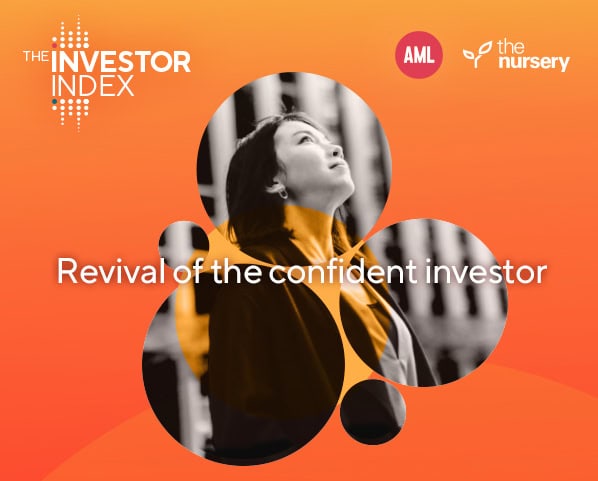Ever heard of the Poverty Premium? It’s the £490 extra a year it costs to be poor. That’s right – if you’re in a low-income household without access to banking services like overdrafts and low-cost loans (you’re one of the ‘underbanked’) you’ll have to pay more for your energy bills and other costs than would a household better able to afford them. Which makes your difficult situation even worse.
And that’s if you have a bank account at all. There are still 1.5 million adults in the UK (and around 2 billion worldwide) with no bank account at all – the ‘unbanked’. That’s sometimes through choice, more often through challenges like language, or because they are homeless. Not having a bank account makes getting hold of life’s essentials – somewhere to live, a job or buying food – much, much harder.
Some banks are trying to help. Barclays Basic, Co-Op’s Cashminder and Virgin Money’s Essential accounts have been welcomed for offering no fees, no credit checks and proof of identity that can be a letter from a shelter warden or an employer. Customers get debit cards, direct debits and even (from Virgin) 1% interest on in-credit accounts. Which is a definite move in the right direction.
But there are more radical solutions on the horizon – and some that don’t involve banks at all – like U-Account and Pockit. The mobile phone based M-Pesa system of direct payments using SMS that started in Kenya now has 25 million users across India, South Africa and Afghanistan. In Argentina, where trust in the banking system has never recovered from the 2001 crash, a similar system called Uala is taking hold. They could even work in the UK.
But many believe that the next big advance in helping the unbanked and underbanked will be based on blockchain technology, the distributed ledger behind cryptocurrencies like Bitcoin and Ethereum. Blockchain doesn’t need bank branch networks or a complicated and expensive private infrastructure. Identity and high levels of security are built-in because all transactions are transparent. And the costs of running the system can approach zero.
Blockchain could mean putting mobile banking in the hands of the unbanked and the underbanked in the form of a smartphone app – telcos like Three are already redistributing the phones themselves to those in need. Using biometrics and a blockchain-based identity would make signing up simple and fast – new banks like Atom are already showing how well a simplified signup process can work for ordinary customers.
Once connected to their blockchain mobile bank account, the new customer – no longer unbanked, or even underbanked – can have their wages or benefits paid into their account. Regular bills can be set up, reducing the poverty premium – on better energy tariffs, for example. They can get cheaper loans, without being dependent on high-cost payday lenders. Renting somewhere to live, or even getting finance to start a small business, suddenly become thinkable.
There’s more. Using this platform means the customer can switch their account between GBP and a blockchain-based cryptocurrency. Like the new currency app Revolut, the user can flip between currencies at the tap of a screen – and perhaps even send money abroad at no cost. Within the cryptocurrency tokens can be used instead of ‘normal’ pounds to buy from partners like high street food shops. So purchases can be not only contactless, but cashless. Like a community currency (the Bristol Pound being a good example) this passes on savings to the customer by keeping liquidity in the blockchain environment. And so on – the full potential is still to emerge.
Like the early days of the internet, blockchain and the cryptocurrencies based on it (notably Bitcoin) are currently at the height of an early-stage bubble. That will pass. For the millions facing the grim everyday reality of not being able to get a bank account, of paying the poverty premium or of being excluded from the financial system that benefits everyone else in society, blockchain-based mobile banking may mean more than excitement for a few speculators.
It could be life-changing.
Written by AML’s CEO, Ian Henderson.
Published by Chartered Banker


